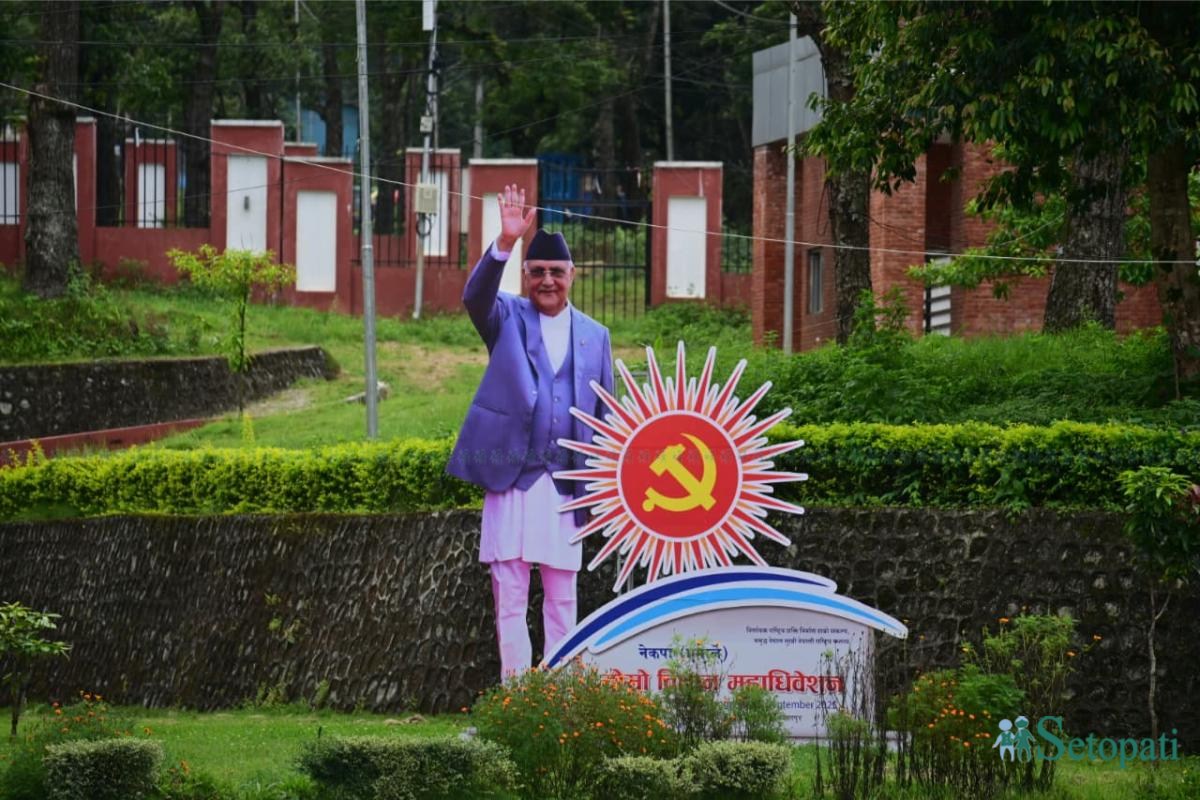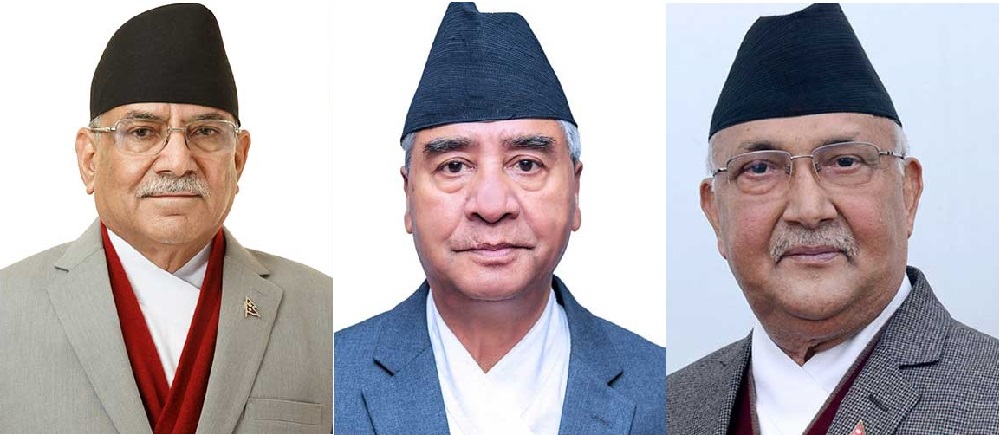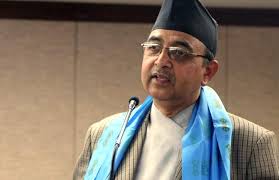
By Our Reporter
The Nepali Congress choosing to move ahead with the March 5 election has shifted the political mood in a clear way. After weeks of confusion that followed the September 8 and 9 Gen Z movement, the country needed a firm path. The Congress decision signals that the largest democratic force wants to settle the growing uncertainty through a public mandate. This has left the UML standing alone with its call for reinstating the House of Representatives, an idea that now looks more unlikely as other major parties prepare for the polls.
KP Sharma Oli has been pushing hard for the House to return. Addressing a UML rally recently, he said the rallies his party is organizing are not for votes but to “save the country” and “defend democracy”. He has promised bigger and louder demonstrations until the dissolved House comes back. His message is built on urgency. He wants other parties to join him, and he has framed the demand as a moral duty. He even urged parties to support reinstatement in order to address the issues raised during the Gen Z protest.
But while Oli made repeated appeals, the Congress took its time, held a month-long meeting, and arrived at the opposite conclusion. The party wants a fresh election that lets people decide the next course. For Congress leaders, an election is the only clean way to end the confusion that has dragged on since early September. They argue that the current moment needs clarity, not another power contest among parties inside a dissolved House.
The UML had hoped that the Congress would fall in line. During the Gen Z protests, the fall of the Oli-led government became possible only with Congress backing. Even after the House was dissolved, Congress Chief Whip Shyam Ghimire had gathered signatures from MPs while exploring ways to support reinstatement. The UML read this as a sign that both parties could come together again. That expectation vanished with the Congress decision to head into the polls.
Now the UML is the lone group still calling for reinstatement. Other parties, including the recently formed Nepali Communist Party, have already committed to the election. This leaves Oli with only his own party behind him while the rest of the political field prepares to face voters.
Oli has not hidden his frustration. He warned political parties not to act on emotion. He also asked them not to follow what he calls an unconstitutional government. He argued that joining the election would only make them part of a crowd that gets nothing in return. His appeal, though loud, has not changed the direction taken by the Congress or other parties.
The reality is simple. Nepal is in a confusing moment, and the longer the dispute continues, the harder it becomes to restore public confidence. The Gen Z protest showed deep frustration with years of misrule and corruption. Many young people gathered without party banners, which signaled that the anger was not limited to any ideological space. Their message was blunt: the old political playbook has failed.
If the political class tries to respond through deals, counter-deals, and sudden demands for reinstatement, that frustration will only grow. An election offers a cleaner route. It gives the public a voice at a time when people feel ignored. It sets a fixed timeline that political actors must follow. And it reduces the space for backdoor bargaining, which has been one of the biggest triggers of the current distrust.
The Congress decision also reflects the mood of a large part of the political community. Many parties believe the country needs a reset that comes from the ballot box. The government also appears firm on this path. With only the UML standing against it, the call for reinstatement looks more like a pressure tactic than a practical demand.
The coming weeks will still be tense. Oli will continue to push, and the UML will try to show strength on the streets. But the political tide is moving toward an election. In a time of confusion and public anger, returning to the people is the most direct way to clear the air. An election may not solve every issue raised during the Gen Z protest, but it gives the political system a fresh start that the country clearly needs.



















Comments:
Leave a Reply